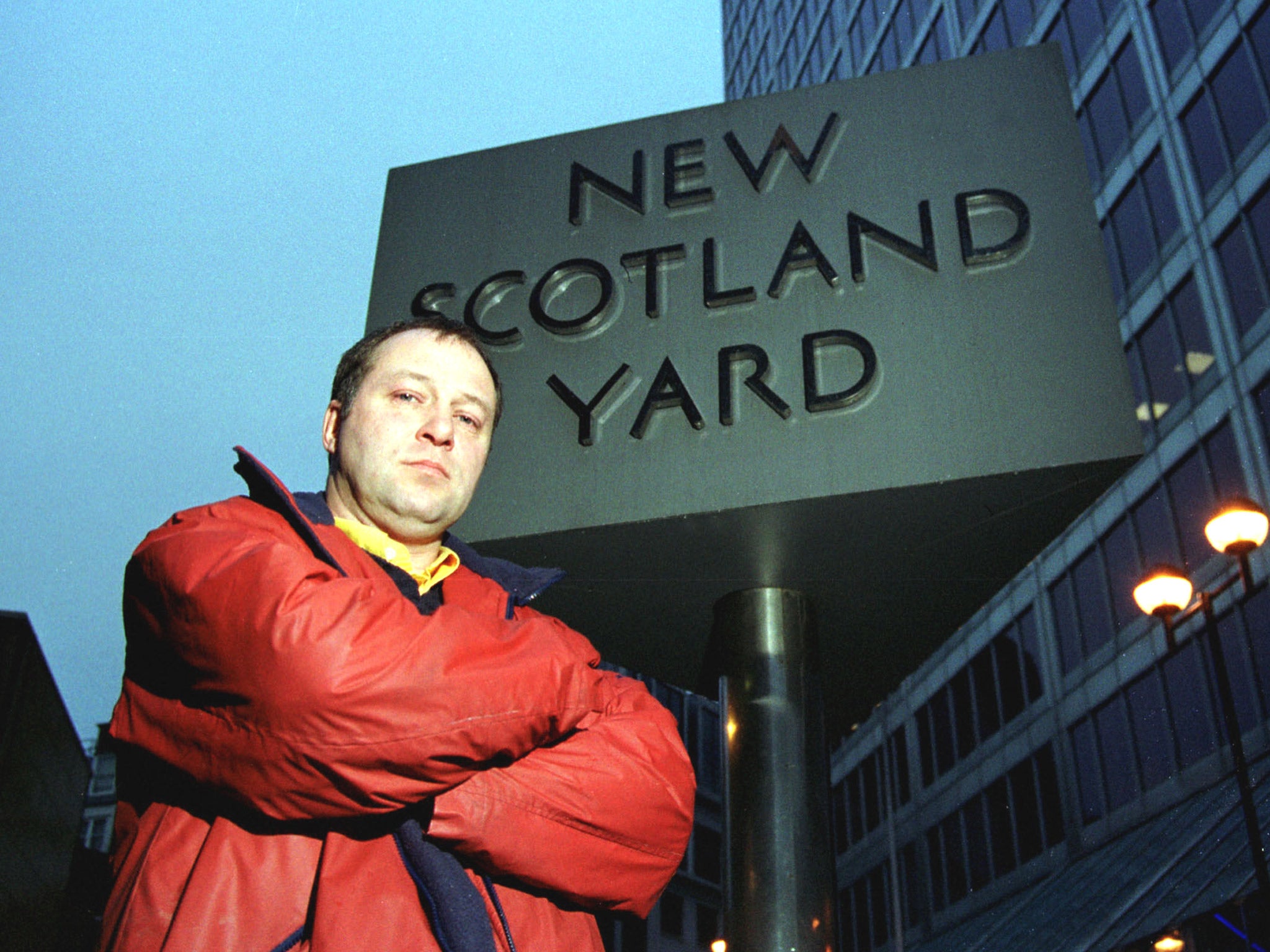Met’s murky past reveals a network of corrupt officers still undermining the force today
Latest case highlights concerns about the Stephen Lawrence murder inquiry and other high-profile cases

A review of the Stephen Lawrence murder, published by the Home Secretary in March, highlighted a historic network of suspected corrupt police officers which still plagues the Metropolitan Police today.
With the full backing of Theresa May, Mark Ellison QC published evidence and intelligence linking some of the darkest chapters in Scotland Yard’s modern history.
It might explain the botched police investigations into the murders of Stephen Lawrence, stabbed to death in 1993, and Daniel Morgan, a private detective found in a south London car park in 1987 with an axe embedded in his skull.
Mr Ellison found there was an overlap of suspected corrupt police detectives in both murder inquiries – and also confirmed that Scotland Yard planted an undercover officer as “a spy in the Lawrence family camp”. The sorry saga is due to be examined by a full judicial inquiry next year.
However, today the Court of Appeal heard how the murky past of the Metropolitan Police is still causing major damage to some of its landmark cases.
The convictions of Tom Kingston, Tom Reynolds and Terry O’Connell were heralded as a significant coup for the Met’s anti-corruption command in the late 1990s. At the time they were led by then-Detective Chief Superintendent John Yates, who reported to former Deputy Commissioner Lord Stevens.
However, the case against the three officers hinged on the evidence of corrupt ex-police officer-turned-supergrass Neil Putnam, and another supergrass, the drug dealer Evelyn Fleckney.
Years after the convictions, both recanted their evidence, claiming they were bullied and coerced into their testimony by an out-of-control and unaccountable police unit.
Putnam even claimed Yates threatened to pull him out of the witness protection programme if he did not confess to more criminality.
The discrediting of their evidence led to a 2011 retrial of Robert Clark and Christopher Drury, two police detectives also convicted on the basis of Putnam’s claims, which finally collapsed after the CPS decided to offer no evidence.
However, by far the most incendiary claims made by Putnam related to the original investigation into the Stephen Lawrence murder and how it was compromised by an alleged corrupt relationship between Detective Sergeant John Davidson and Clifford Norris, the gangland father of one of the prime suspects.
Putnam claims he warned his police handlers about the pair as early as 1998, but this is disputed by the Met.
After Putnam dropped the Met in it over the Lawrence murder, the state could no longer afford to insist he was a man of integrity – leading to the discrediting of all his previous evidence, and ultimately to today’s hearing.
In court, Crispin Aylett QC, counsel for the Crown, danced on the head of a pin as he tried to argue that although Putnam did not make the Lawrence claims to his handlers in 1998, he may have “deluded himself” into “genuinely thinking” that he did – and could therefore continue to be relied upon in the case of the three drug-dealing police officers.
Three Court of Appeal judges reserved their decision on the case until an unspecified later date.
